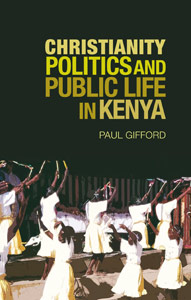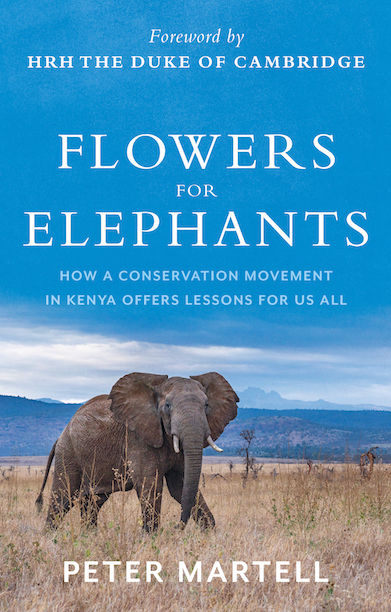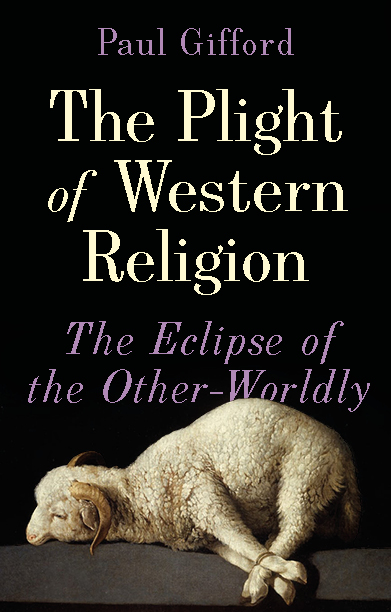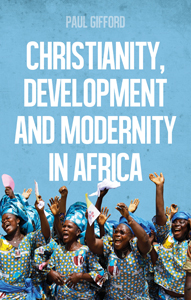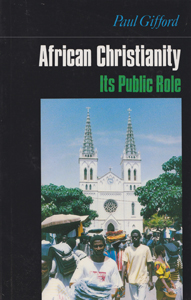Description
Since independence in 1963, Kenya has been a classic personalised patronage state, run by a corrupt elite for its own benefit, as became tragically evident in December 2007’s stolen election and its aftermath. Kenya is also said to be 80 percent Christian. Under the bland label ‘Kenyan Christianity’, several different overlapping realities can be distinguished, and it is these which Gifford investigates in this book, relating them to the country’s politics and public life. The politically engaged form that challenged the dysfunctional one-party state in the early 1990s is given due prominence, but Gifford contends that today the mainline churches, both Catholic and Protestant, are marked less by such political engagement than by their involvement in development, in which foreign missionaries and global networks play a huge role.The theology of Kenya’s mainline churches is consciously focused on African culture, as a non-negotiable foundation, and the Catholic church has an additional agenda A – to Africanise its religious congregations. Kenya is also noted for its rich variety of African indigenous Churches, all originating in a defence of Kenyan cultures, while in recent decades countless Pentecostal churches have also sprung up. They range from affluent middle class churches to refuges for the poor, but nearly all are characterised by a stress on power, success, achievement and prosperity that prioritises modernity rather than traditional culture.Gifford discusses their deployment of the media, crusades, organisation, theology and use of the Bible, and above all the economics that has made this phenomenon possible. Yet another distinct form is an enchanted Christianity in which demons or spiritual forces are deemed responsible for almost everything. All these Christianities relate to Kenya’s situation, so all are thoroughly contextualised, but equally almost all are thoroughly domesticated into Kenya’s socio-political structures, thus reinforcing rather than challenging the country’s dysfunctional political system.
Reviews
‘A longtime observer of Christianity in Africa, Gifford has written a keen survey of the ideas and actions of Christian organisations and their leaders in Kenya. Gifford writes convincingly about the nature of Kenyan theology and various doctrinal issues, but the more notable contribution of this first-rate study derives from his focus on churches as social and political actors’. –– Foreign Affairs
‘This is an impressive book, full of detail to surprise the scholar. … As in his earlier work on Ghana, Gifford goes through the sermons he’s heard in Nairobi’s churches with a finetoothed comb, highlighting the rhetorical strategies that preachers use and the theology that underpins them. This is a very valuable book. For Europeans and Americans, it usefully illuminates the great variety of Christian practice in Kenya today. And for Kenyans and their friends, it raises important questions about the role the church ought to play in the corrupted political world.’ — Dr D.R. Peterson, University of Cambridge
Editor(s)
Paul Gifford is Emeritus Professor of Religion at SOAS, University of London. He is the author of several works on African Christianity, including African Christianity: Its Public Role, Ghana's New Christianity: Pentecostalism in a Globalising African Economy and Christianity, Politics and Public Life in Kenya, all of which were published by Hurst.
